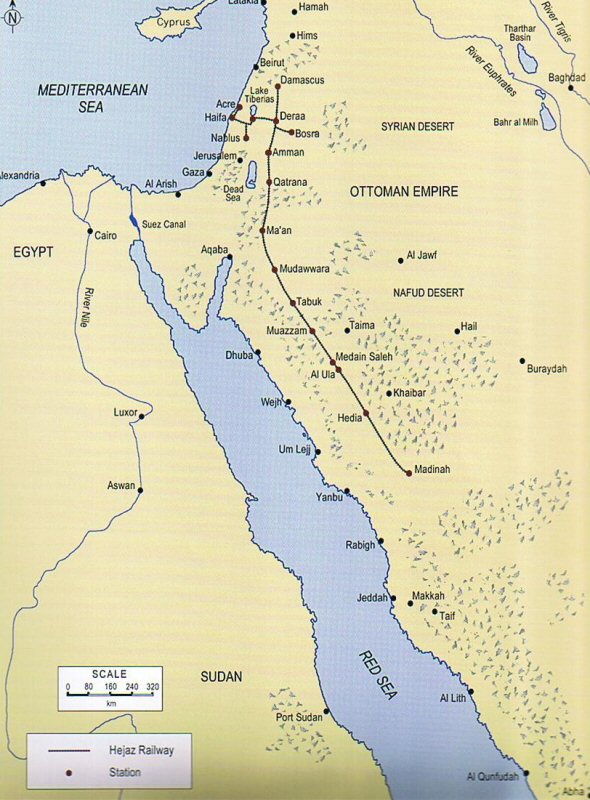The Arab World Can Help Itself
NPR Marketplace |

Millions of dollars will be spent rebuilding the Middle East. Arab countries can play a vital role in funding those projects.
Parag Khanna: We must remember that the Arab world is not the Third World, even in this period of upheaval and uncertainty.
Bob Moon: Commentator Parag Khanna.
Khanna: Some oil-rich Arab nations are among the wealthiest societies on earth. Together, Arab nations possess all the capital-financial and human-necessary to re-build themselves. They may need American assistance, but they don't need an American "Marshall Plan."
No greater step could be taken to alleviate the Arabs' economic and political woes than investment in cross-border infrastructure. Imagine a new pan-Arab rail network. It could connect Tripoli to Cairo to Amman to Baghdad, and Damascus to Dubai. This would allow Arabs to more easily work and earn money in each other's countries, and send remittances back home. More pipelines and canals could connect oil-rich and low-population states with heavily populated, but poor ones. The richness of the Arab world would be more evenly distributed.
Railways, pipelines, and water channels are the necessary and natural consequence of the opening of Arab societies to globalization. The young Arab generation taking to the streets from Tunisia to Tahrir Square desperately needs these new opportunities for jobs, connections and cross-border businesses. That is why the recently launched New Palestine Party has made the "Arc" transport corridor linking the West Bank and Gaza its main campaign platform.
Saudi Arabia, Qatar and the United Arab Emirates could easily underwrite the trans-Arab transport corridors necessary to stimulate broad economic development. They have already pledged more than $1 trillion towards their own infrastructure projects leading up to Qatar's hosting of the World Cup in 2022.
The new pan-Arab future isn't about fiercely nationalistic anti-colonial regimes. Instead, think of Arabs' geopolitical future as an archipelago of cities from North Africa's Mediterranean coast curving north to Beirut and east across the Saudi Arabian peninsula to Oman. The Egyptian scholar Halim Barakat has argued that the Arab world should be viewed as "a single, overarching society rather than a collection of several independent nation-states." Not for centuries has that possibility been as true as today.
Moon: Parag Khanna is a senior research fellow at the New America Foundation.